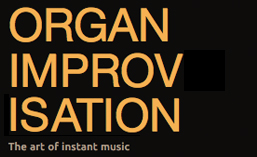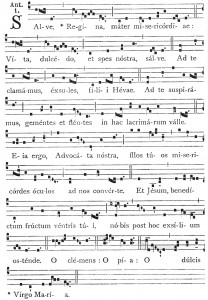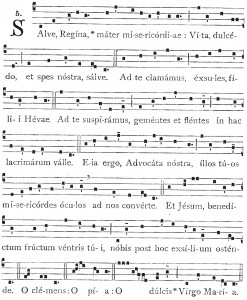A symphony is a multi-movement form, usually tonal with the first movement in sonata allegro form. While originating as a suite of pieces for orchestra, as the tone palette of the organ grew, it migrated to a form for the newer romantic/symphonic organ. Though the very first organ symphony was written by German composer Wilhelm Valentin Volckmar in 1867, the genre is mainly associated with French romanticism. César Franck wrote what is considered to be the first French organ symphony in his Grand pièce symphonique, and the composers Charles-Marie Widor, who wrote ten organ symphonies, and his pupil Louis Vierne, who wrote six, continued to cultivate the genre. The Symphonie-Passion of Marcel Dupré is the reconstruction of an improvisation by Dupré that he made at Wanamaker’s in Philadelphia on 8 December 1921. While classical symphonies (and those written compositions) developed original material, it seems most improvised symphonies follow the pattern of Dupré in utilizing chants, chorales, or other themes known to the audience.
Videos:
Nigel Allcoat – Symphonie Improvisée on ‘Salve Regina’ – St Nicolas du Chardonnet, Paris
Jean-Baptiste Dupont – Symphonie improvisée playlist- St-Joseph, Bonn Beuel (Germany)
Noël Hazebroucq – Symphonie Improvisée 1: Allegro Sonate – La Madeleine, Paris
Noël Hazebroucq – Symphonie Improvisée 2: Scherzo – La Madeleine, Paris
Noël Hazebroucq – Symphonie Improvisée 3: Cantilène et toccata – La Madeleine, Paris
Otto Maria Krämer – Symphonie Francaise – Allegro ma non troppo
Otto Maria Krämer – Symphonie Francaise – Cantabile
Otto Maria Krämer – Symphonie Francaise – Scherzando on “Macht hoch die Tür”
Otto Maria Krämer – Symphonie Francaise – Prière
Otto Maria Krämer – Symphonie Francaise – Final


